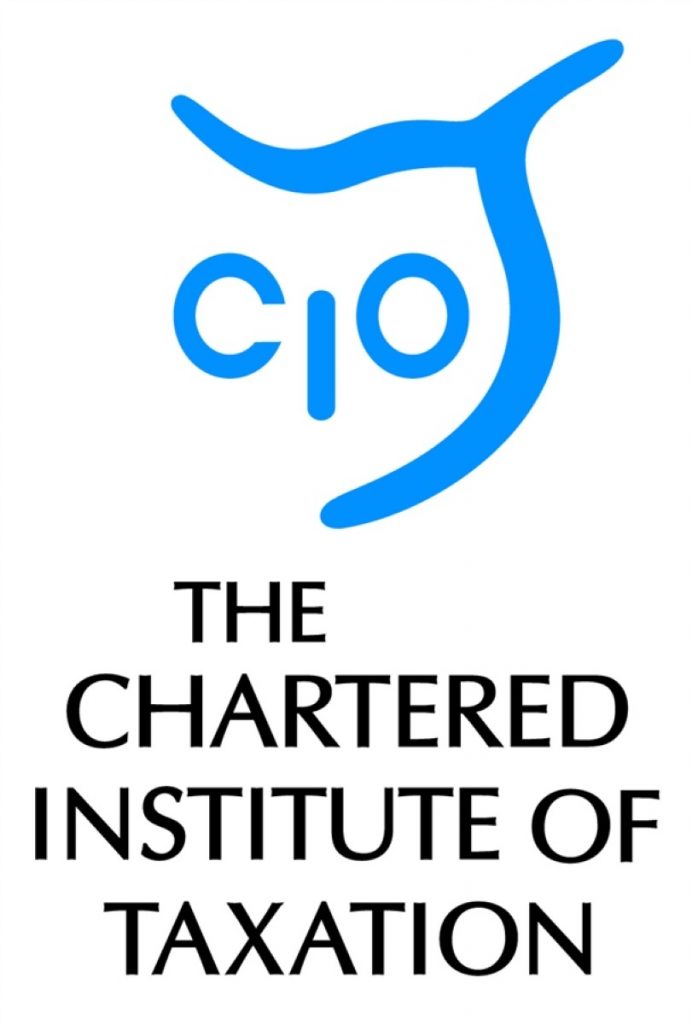CIOT: Government tax principles get qualified welcome
The Chartered Institute of Taxation (CIOT) has welcomed today’s publication by the Treasury of a draft tax framework for business, but said the real test will be whether the principles are applied in practice.
CIOT President Andrew Hubbard said:
“I welcome this document, which sets out sound and sensible principles to be followed when making tax policy. It echoes calls the CIOT has been making for a long time.
“However, the test will be not just what the Government say, but what they do. It is disappointing, for example, that the principles will only be applied to the development of tax policy ‘where possible’ – surely these are principles that should apply automatically?
“It is good news that the Government are thinking about the principles of good tax law. But the key will be making sure these are applied in practice. Actions speak louder than words.”
The CIOT also noted some examples of recent changes which do not seem to have adhered to the principles now being published (see notes).
Notes to Editors
1) The CIOT’s examples of recent changes which do not seem to adhere to the new principles include:
Tax administration/compliance costs: The Government have long expressed support for a simpler tax system, yet the UK now has the longest primary tax code in the world.
Simplicity: The restrictions on tax relief for pensions contributions announced in the Pre-Budget Report are hugely complex. The consultation paper is more than 100 pages long. A simpler and fairer route would be to reduce the annual ‘cap’ on pensions contributions.
Competitiveness and Stability: These two important principles are linked, in that part of having a competitive system is that it should be a stable one. Yet in a number of areas wide new discretionary powers are being proposed for HM Revenue and Customs including the concept of taxation according to HMRC’s interpretation of the ‘intention of Parliament’ rather than what the legislation itself says.
Certainty: The most important feature of a tax system for business, probably even more so than low taxes, is certainty. In this regard we are concerned about increasing use of retrospective action in the tax system, such as the announcement earlier this month amending the tax rules relating to manufactured dividends, which will apply from 1 October 2007. One measure in the 2008 Finance Act closed an apparent loophole in the law with retrospective effect that went back 20 years. Retrospection is hugely damaging to confidence in the tax system and sends a bad signal to those outside the UK about the stability of the UK tax system.
Consulting ahead of changes: the recently introduced duties for Senior Accounting Officers of large companies (s93 FA 2009) were announced without consultation.
2) The Chartered Institute of Taxation (CIOT) is a charity and the leading professional body in the United Kingdom concerned solely with taxation. The CIOT’s primary purpose is to promote education and study of the administration and practice of taxation. One of the key aims is to achieve a better, more efficient, tax system for all affected by it – taxpayers, advisers and the authorities.
The CIOT’s comments and recommendations on tax issues are made solely in order to achieve its primary purpose: it is politically neutral in its work. The CIOT will seek to draw on its members’ experience in private practice, government, commerce and industry and academia to argue and explain how public policy objectives (to the extent that these are clearly stated or can be discerned) can most effectively be achieved.
The CIOT’s 14,900 members have the practising title of ‘Chartered Tax Adviser’.
– ENDS –
George Crozier
External Relations Manager
D: +44 (0)20 7340 0569
M: +44 (0)7740 477374
The Chartered Institute of Taxation
Registered charity number 1037771
www.tax.org.uk





-01.png)